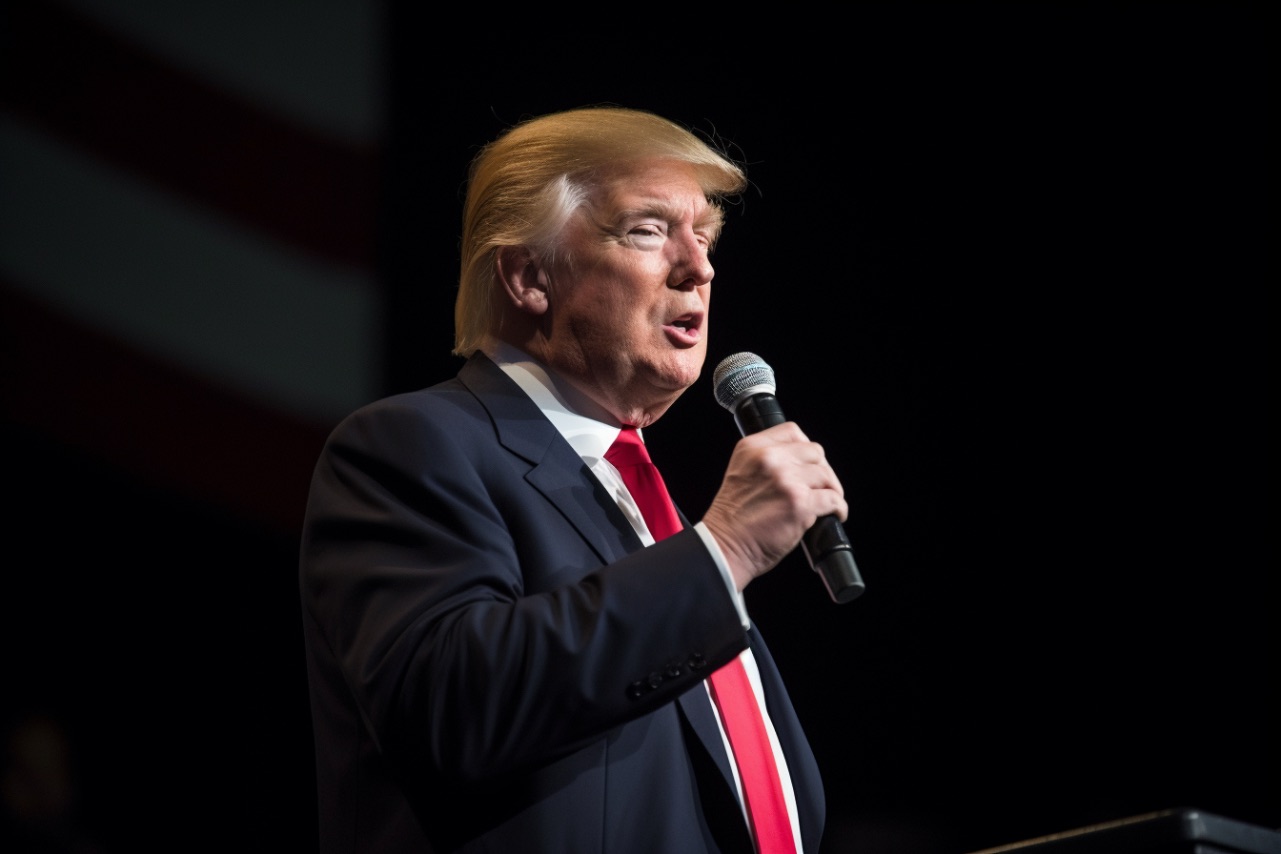Opinion
Is Former President Donald Trump’s Indictment Justified? Presidential Records Act Ignored in 37-Count Indictment!
Dear Friends,
As we all know, former President Donald Trump has been indicted on 37 felony counts involving his handling of classified documents after he left the White House. The indictment came in the wake of an FBI raid ordered by the Department of Justice at Trump’s Mar-A-Lago home in Palm Beach, Florida.
The whole situation is unprecedented and historical. From my understanding after some extensive research, this whole problem apparently developed because of a disagreement between Trump and the National Archives & Records Administration (NARA). NARA complained to the Department of Justice, a special prosecutor was appointed, and the DOJ seized the opportunity to prosecute Trump on various charges that are nebulous, questionable, and indeed have never happened before.
Considering that President Biden was found having classified documents, concerning military operations (which he had absolutely no right to possess under any circumstances as a Senator or a Vice President, in his garage, which son Hunter had access to and possibly gave to China, and yet nothing has been done, is shocking)! Yet Trump has been indicted for much less perceived inequities at best. It appears the indictment of Trump is politically motivated to prevent him from being President again, while the FBI and DOJ are covering up Biden’s apparent crimes?
The problem, the way I see it, is that the Presidential Records Act of 1978 has been ignored and will be a basis of the Trump defense. I could write a book about the bias, inequities, and corruption involving all of this from the entire Biden administration, having weaponized the FBI against its political opponents. However, to cut to the chase, I have presented below the Presidential Records Act which will be a key to the outcome of Trump’s trial. Please read it and you decide what is legal, fair, and realistic concerning the whole Trump situation.
As always your comments are welcome and appreciated.
Scroll down to read the important and relevant Presidential Records Act of 1978.
Respectfully Submitted,
JUDSON Bennett-Coastal Network
Presidential Records Act (PRA) of 1978
The Presidential Records Act (PRA) of 1978, 44 U.S.C. ß2201-2209, governs the official records of Presidents and Vice Presidents that were created or received after January 20, 1981 (i.e., beginning with the Reagan Administration). The PRA changed the legal ownership of the official records of the President from private to public, and established a new statutory structure under which Presidents, and subsequently NARA, must manage the records of their Administrations. The PRA was amended in 2014, which established several new provisions.
Specifically, the PRA:
- Establishes public ownership of all Presidential records and defines the term Presidential records.
- Requires that Vice-Presidential records be treated in the same way as Presidential records.
- Places the responsibility for the custody and management of incumbent Presidential records with the President.
- Requires that the President and his staff take all practical steps to file personal records separately from Presidential records.
- Allows the incumbent President to dispose of records that no longer have administrative, historical, informational, or evidentiary value, once the views of the Archivist of the United States on the proposed disposal have been obtained in writing.
- Establishes in law that any incumbent Presidential records (whether textual or electronic) held on courtesy storage by the Archivist remain in the exclusive legal custody of the President and that any request or order for access to such records must be made to the President, not NARA.
- Establishes that Presidential records automatically transfer into the legal custody of the Archivist as soon as the President leaves office.
- Establishes a process by which the President may restrict and the public may obtain access to these records after the President leaves office; specifically, the PRA allows for public access to Presidential records through the Freedom of Information Act (FOIA) beginning five years after the end of the Administration, but allows the President to invoke as many as six specific restrictions to public access for up to twelve years.
- Codifies the process by which former and incumbent Presidents conduct reviews for executive privilege prior to public release of records by NARA (which had formerly been governed by Executive order 13489).
- Establishes procedures for Congress, courts, and subsequent Administrations to obtain “special access” to records from NARA that remain closed to the public, following a privilege review period by the former and incumbent Presidents; the procedures governing such special access requests continue to be governed by the relevant provisions of E.O. 13489.
- Establishes preservation requirements for official business conducted using non-official electronic messaging accounts: any individual creating Presidential records must not use non-official electronic messaging accounts unless that individual copies an official account as the message is created or forwards a complete copy of the record to an official messaging account. (A similar provision in the Federal Records Act applies to federal agencies.)
- Prevents an individual who has been convicted of a crime related to the review, retention, removal, or destruction of records from being given access to any original records.
Please follow me on LinkedIn: JUDSON Bennett’s LinkedIn profile

